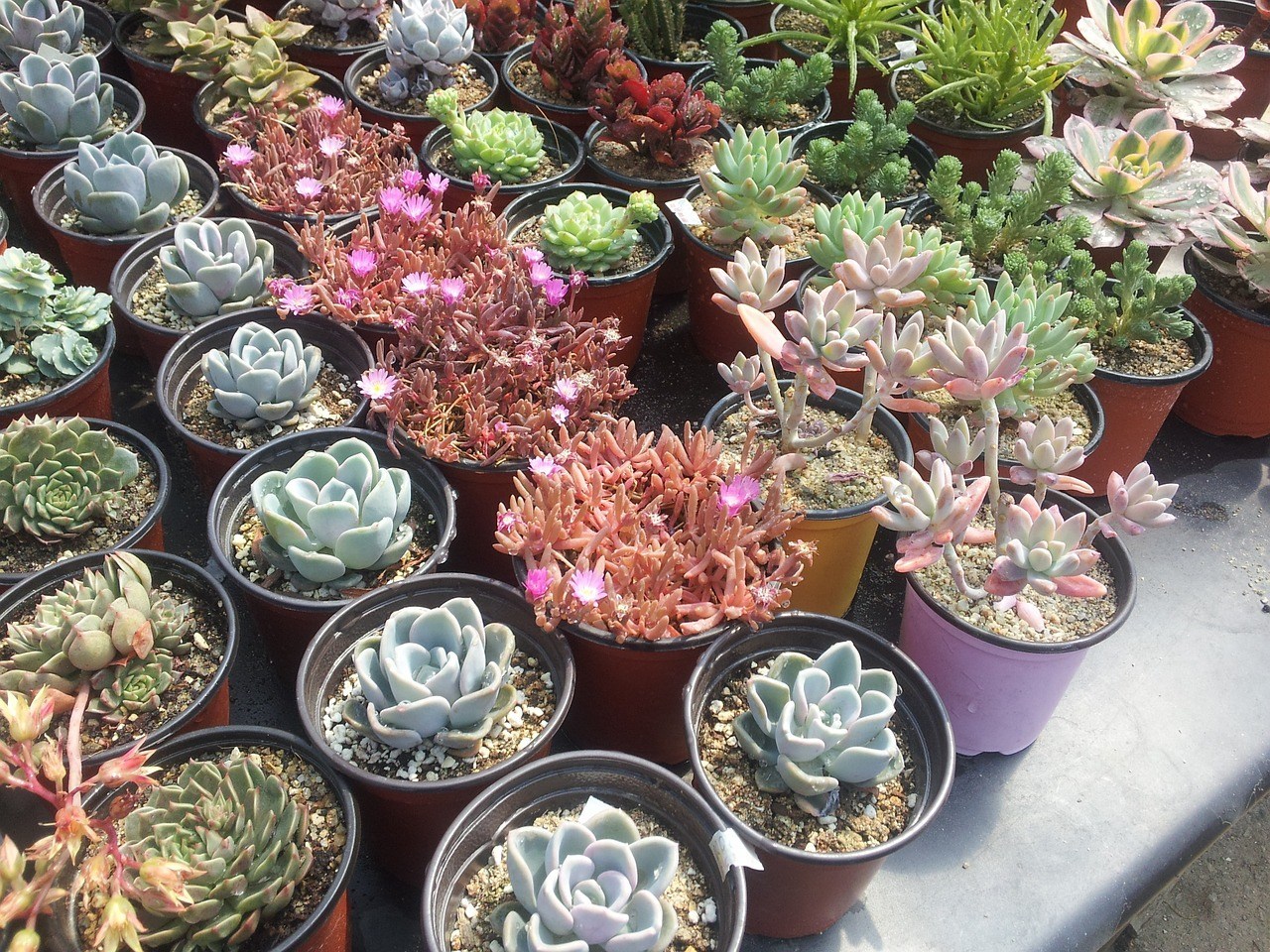1. Feed the soil
Growing plants in soil will in time exhaust its supplements. If you want your soil to keep your plants healthy, you’ll have to provide it with some nutrition every once in a while. Succulents planted in the ground most likely won’t require fertilizer, however the ones in pots will. All fertilizers contain some blend of nitrogen, phosphorous and potassium and succulents like fertilizers with a high amount of nitrogen.
Try not to be reluctant to utilize fertilizers on your plants, however recall to utilize them sparingly and in low concentrations to avoid burning the plant. There are a variety of conventional and organic fertilizers that you can find that work incredible for succulents.
2. Prune your succulents occasionally
Is your plant getting excessively leggy from insufficient daylight you should trim it! Try not to be hesitant to cut the last few inches off the stem and attempt to begin once again. You can likewise pull off any desolate leaves, and grow another plant from the leaf.
3. Keep new plants separate from the others
When you get another plant, you don’t know how it’s been kept up before in its life up to then. While it might look healthy, it might harbor bug eggs or have spoiled parts that you may not see.
Basic issues that any new plant can have are mealybugs or aphids. Plants can likewise have passing on roots brought about by over watering. Keeping your new succulents separate will secure the all of your plants and let you effectively manage any issues that may emerge.
4. Water with hydrogen peroxide
Water the succulents with a mix of hydrogen peroxide and water (the recommended proportion is 2 part water to 1 part Hydrogen Peroxide). Hydrogen peroxide is fundamentally water with an additional oxygen molecule. The peroxide will oxygenate the soil which is healthy for the roots and help to flush out any dormant water. It will likewise kill any harmful fungi, microbes, or insect eggs that may be in the soil.

